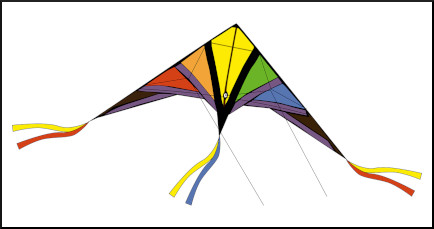Oscar Wilde? Charles Francis Potter? Mabel C. Wolcott? Anonymous?

Question for Quote Investigator: The famous wit Oscar Wilde was an avid reader and an excellent classicist. The following statement has been attributed to him:
It is what you read when you don’t have to that determines what you will be when you can’t help it.
I am skeptical of this ascription because I haven’t been able to find a citation. Would you please help?
Reply from Quote Investigator: This remark is not listed in the valuable compendium “The Wit & Wisdom of Oscar Wilde” assembled by quotation expert Ralph Keyes.1 QI believes that the attribution to Oscar Wilde is mistaken. The discussion accompanying the 1948 citation given further below suggests one possible mechanism for the error.
QI thinks that the prominent Unitarian minister Charles Francis Potter deserves credit for the remark under analysis. In June 1927 a newspaper in Burlington, Vermont reported that Potter had spoken to members of the local Athena Club on the topic of “Books and the Home”, and he used a version of the expression. Emphasis added to excerpts by QI:2
“What you read when you don’t have to, determines what you will be when you can’t help it,” according to Mr. Potter. Libraries must be for the people and they must be accessible. He believes as much should be spent for the libraries as is for the streets.
Here are additional selected citations in chronological order.
Continue reading “Quote Origin: What You Read When You Don’t Have To, Determines What You Will Be When You Can’t Help It”







